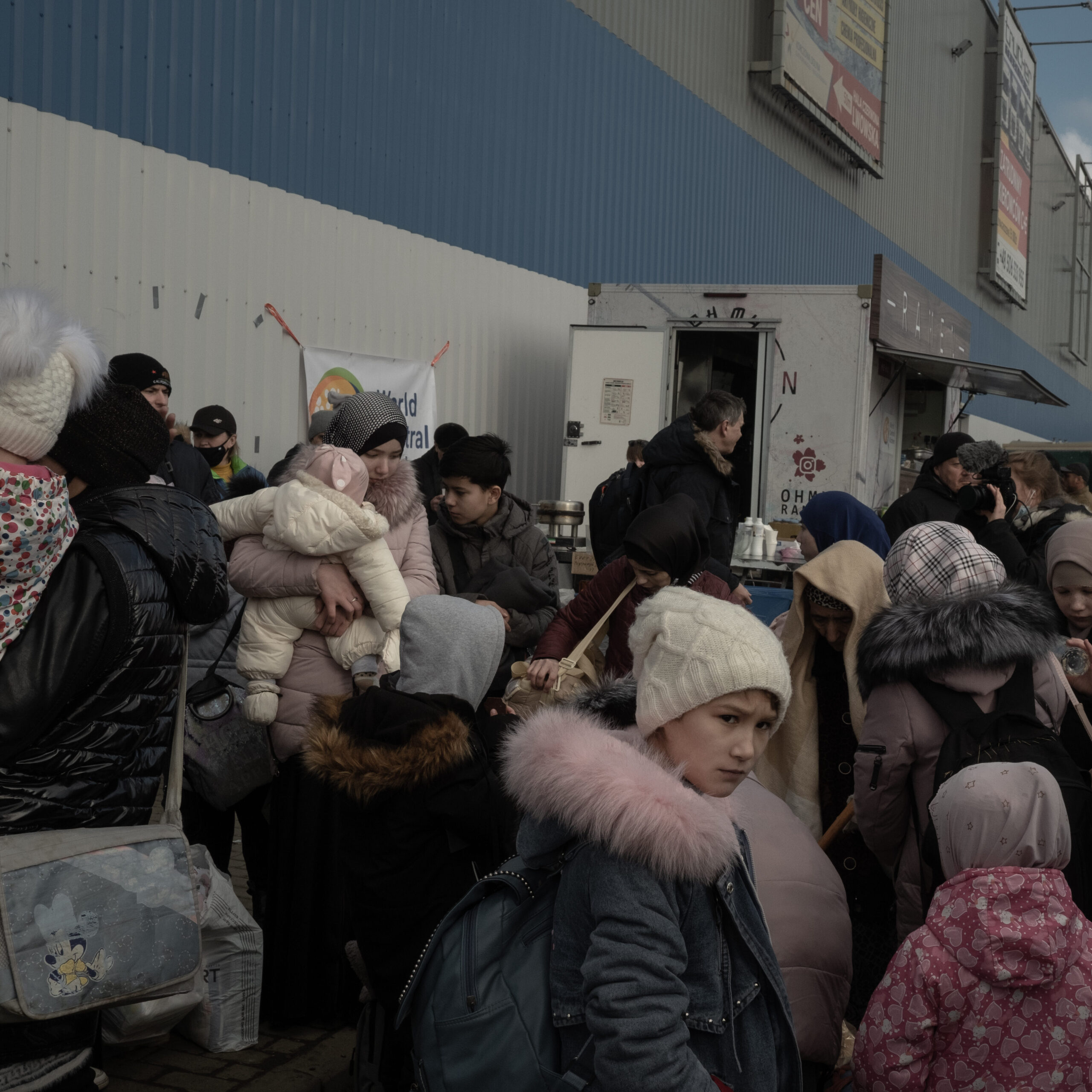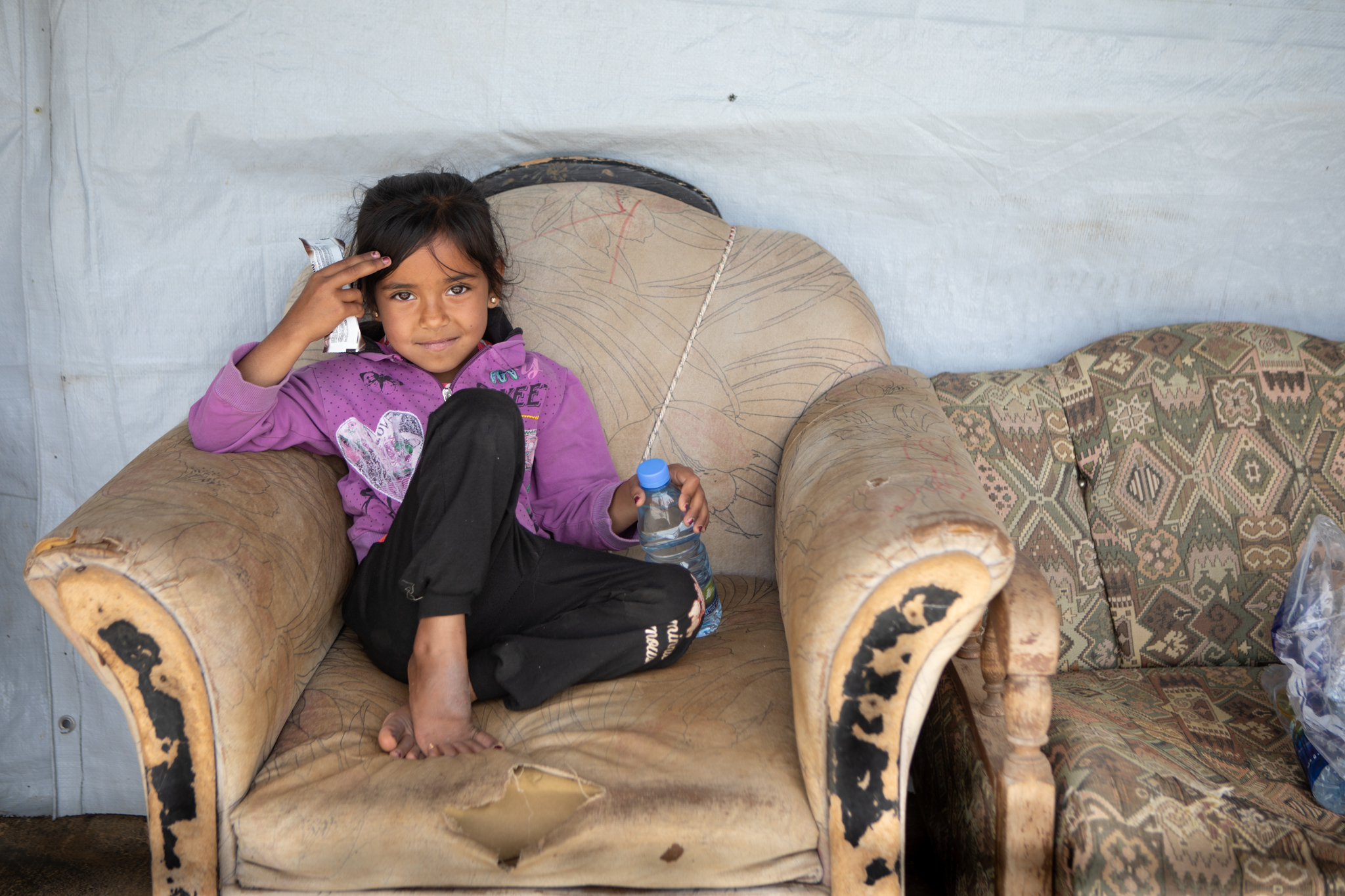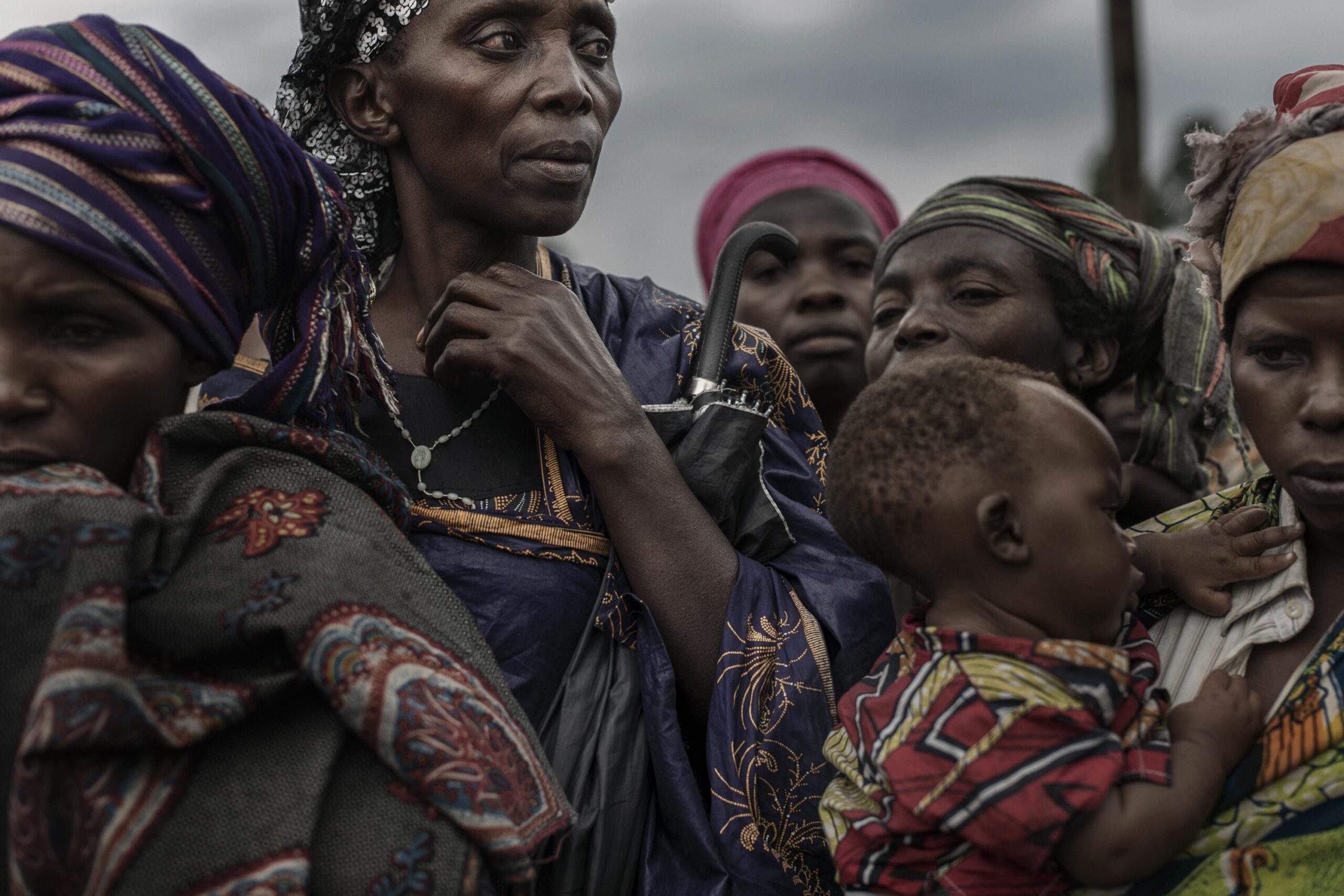Emergency
Even in a situation of emergency or protracted crisis, recovery and reconstruction are only possible if, in addition to providing essential help, people are involved and engaged by bringing out their skills and resources.

AVSI has always considered its actions in response to emergencies as part of a broader path of resilience and accompaniment of the people met.
Even in a situation of emergency or protracted crisis, recovery and reconstruction are only possible if, in addition to providing essential help, people are involved and engaged by bringing out their skills and resources.
AVSI operates in different emergency and protracted crisis.
The presence of AVSI was born in the Democratic Republic of Congo in 1972, and passes through the genocide in Rwanda, the wars in northern Uganda, Haiti with its complexity, the persistence of instability and natural disasters. Now, AVSI is responding to the most recent major migratory crises operating in Daadab in Kenya, in Lebanon, Iraq, Jordan and Sira for the Syrian crisis, in Brazil, Ecuador and Peru for the Venezuelan crisis, up to the most recent calamities and conflicts in northern Mozambique, Myanmar and Ukraine.

Our interventions
Provision of food, water, medicine, sanitation, distribution of tents and finding suitable accommodation for refugees and displaced persons, educational and psychosocial support, rebuilding houses or schools, access to energy, cash distributions and cash for work activities up to wider activities towards the economic resilience of families are some of the interventions carried out in the various contexts, always starting from the real need of the people met.
The approach is always linked to the accompaniment of both the beneficiaries and the community: the interventions enhance what positive already exists through collaborations with local institutions, associations and organizations.




